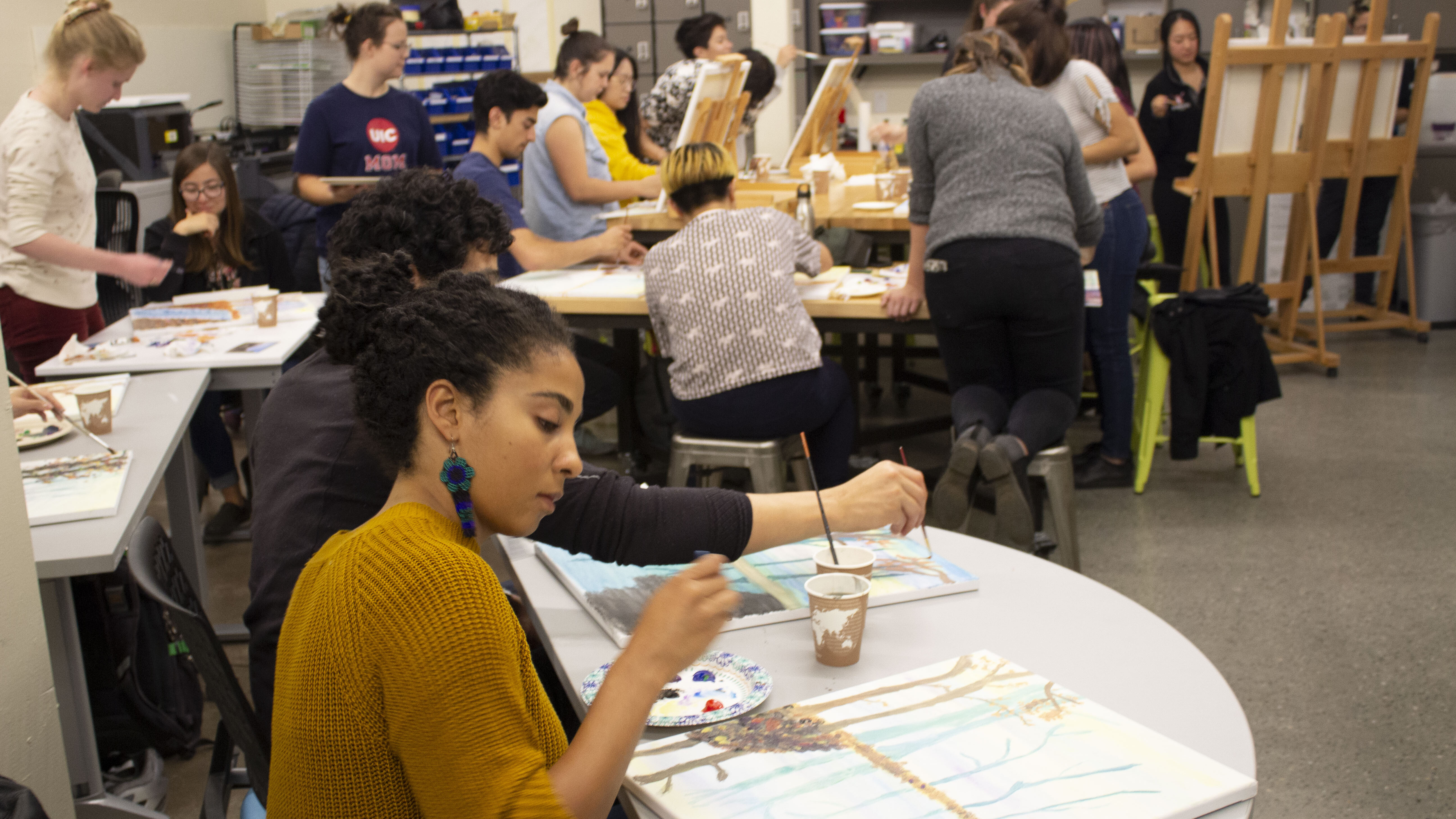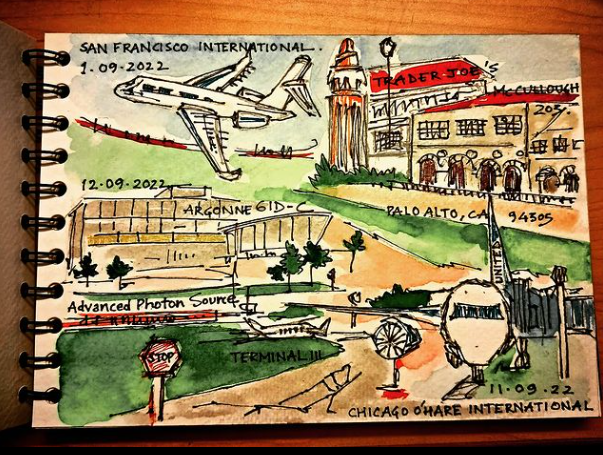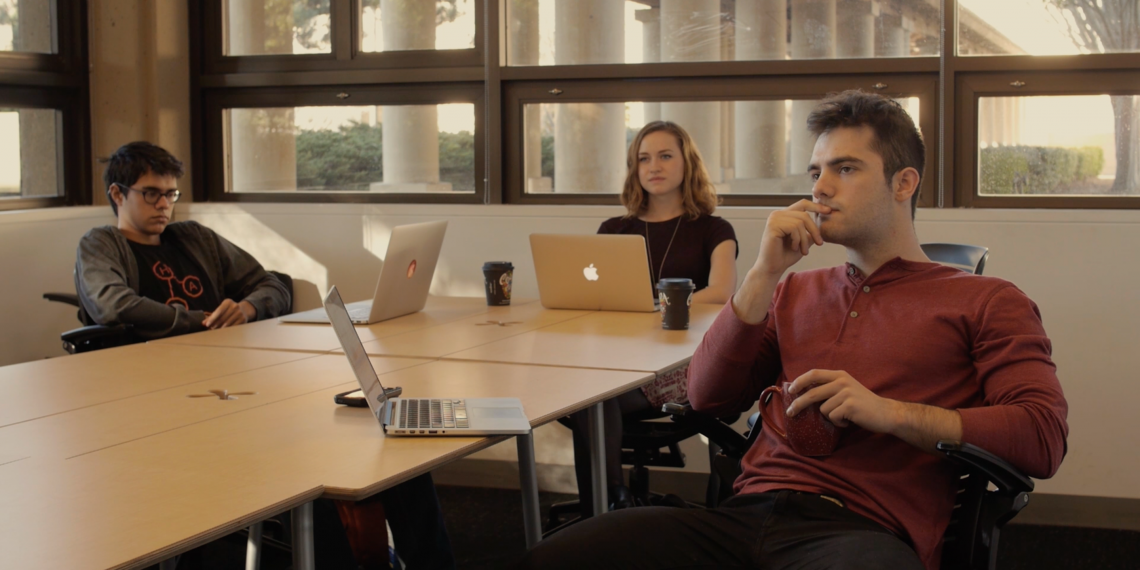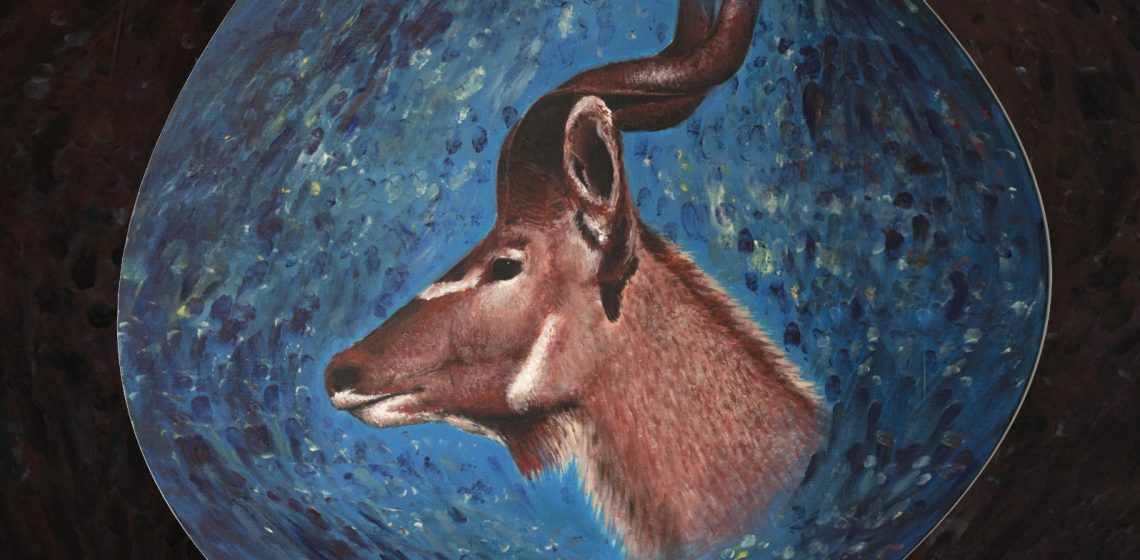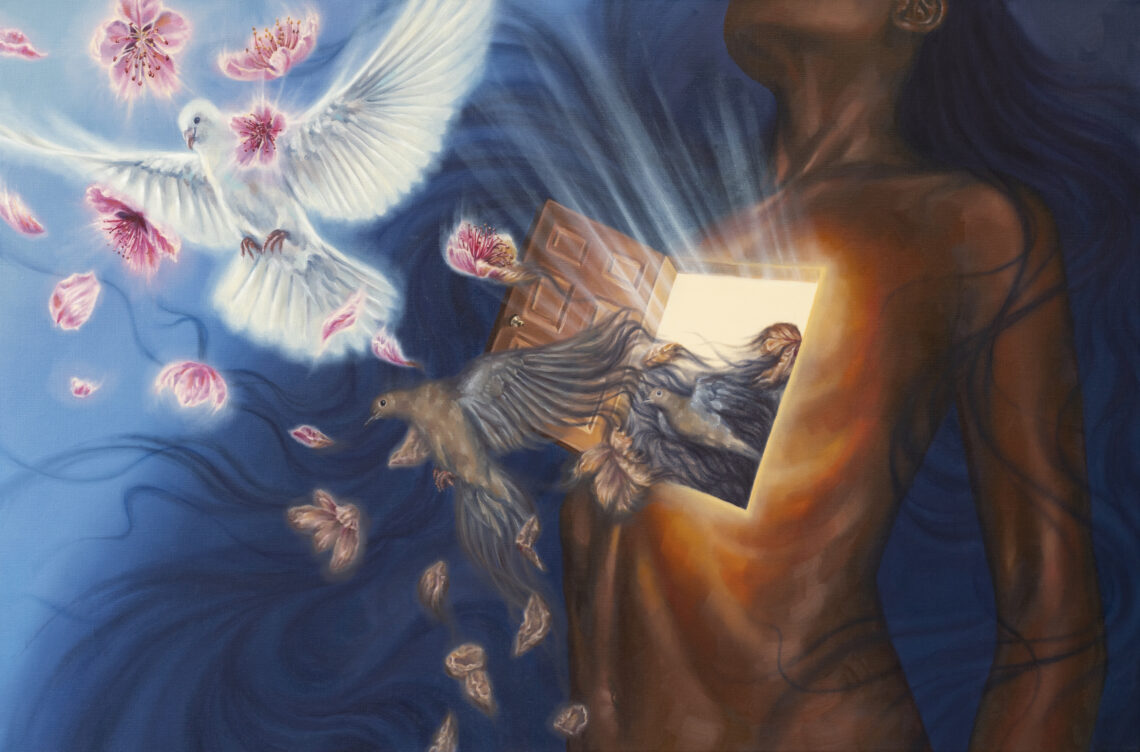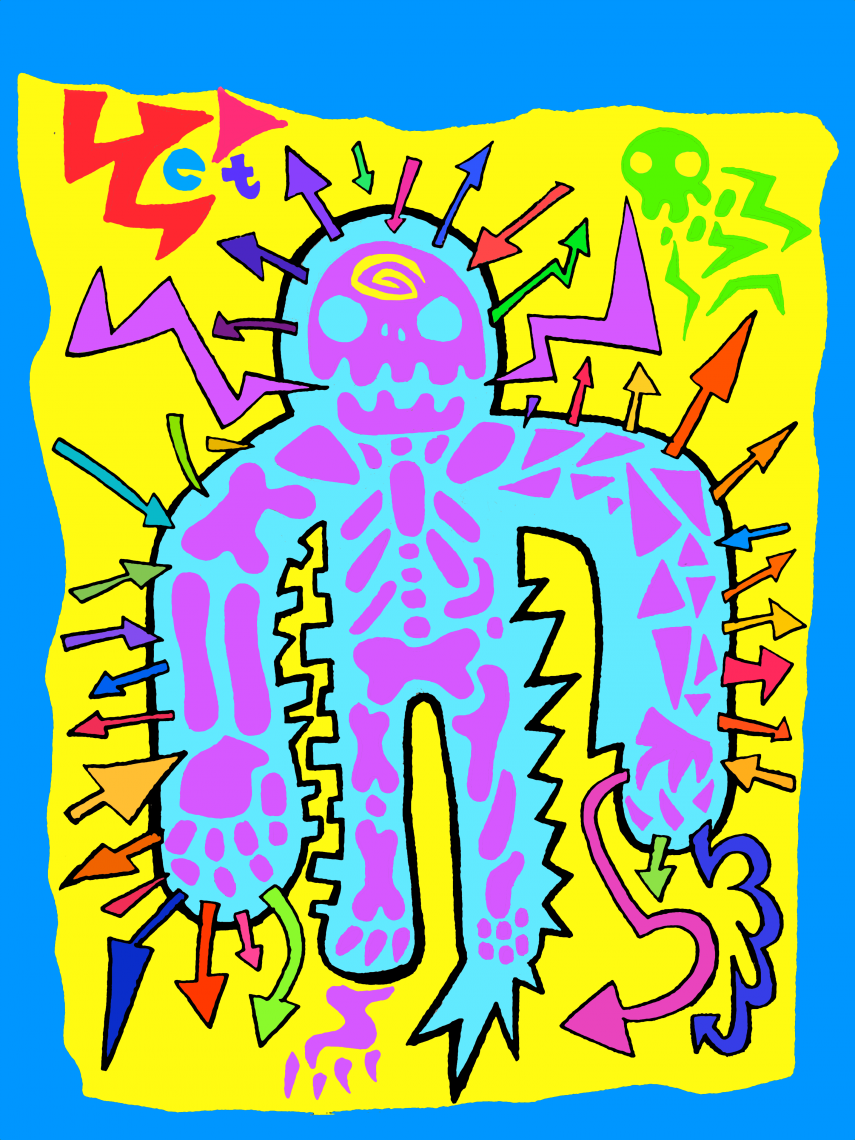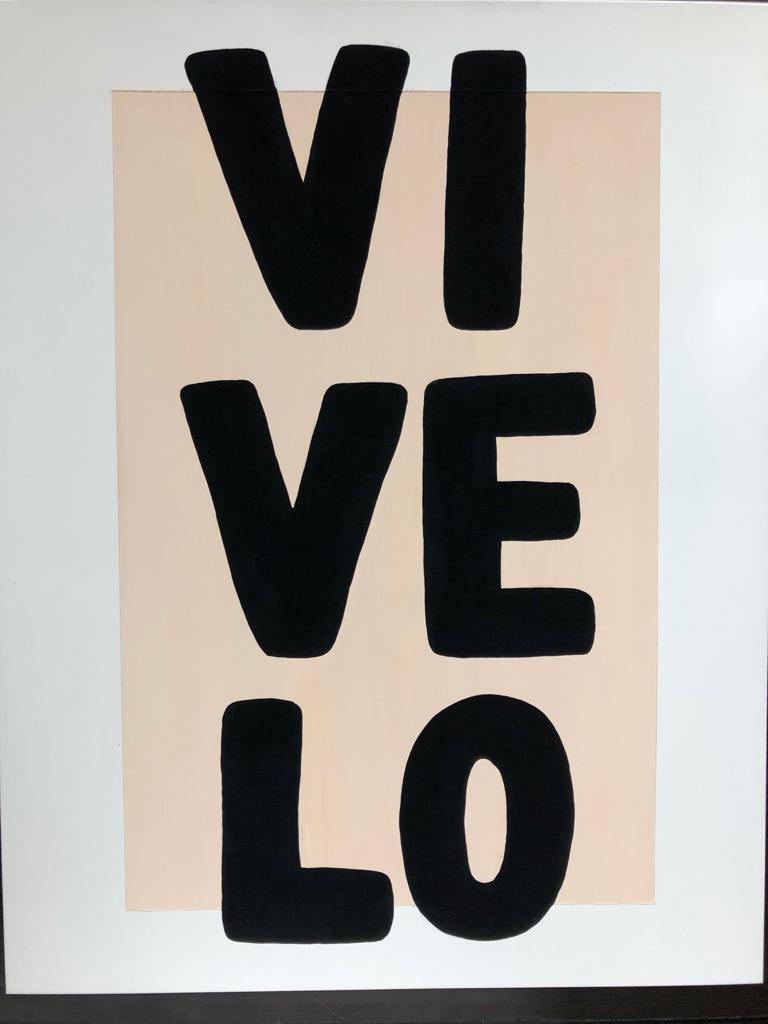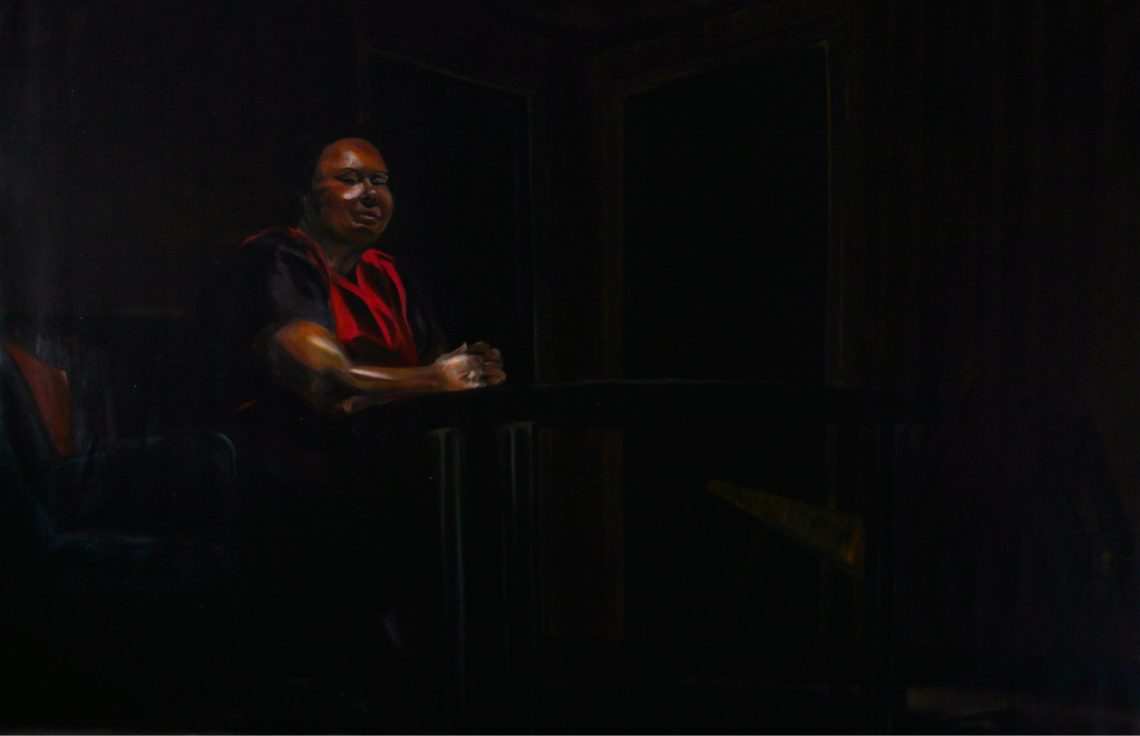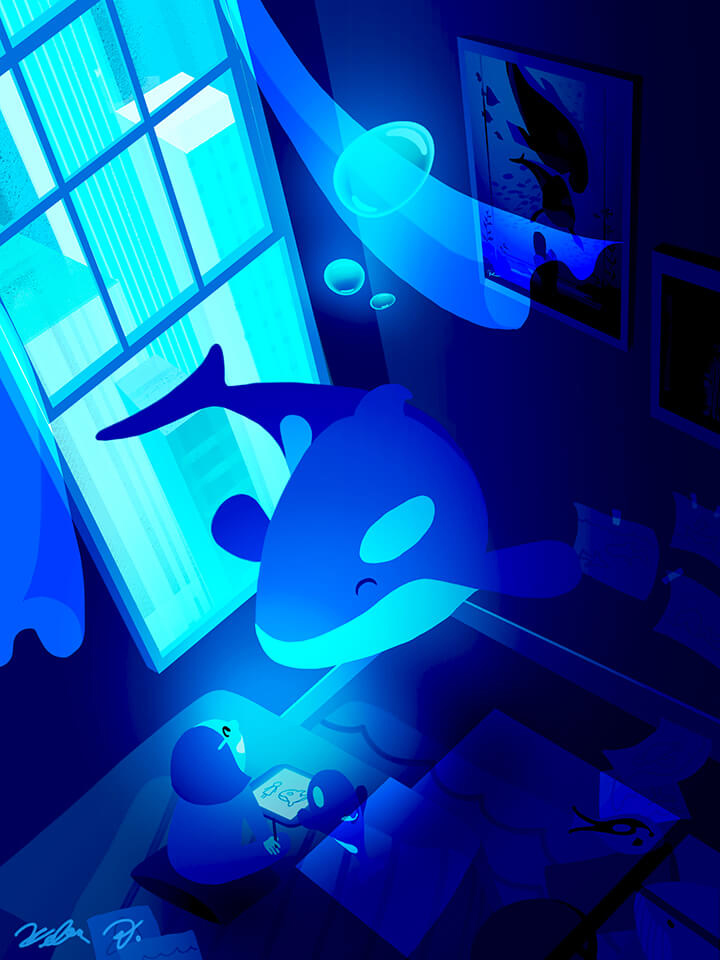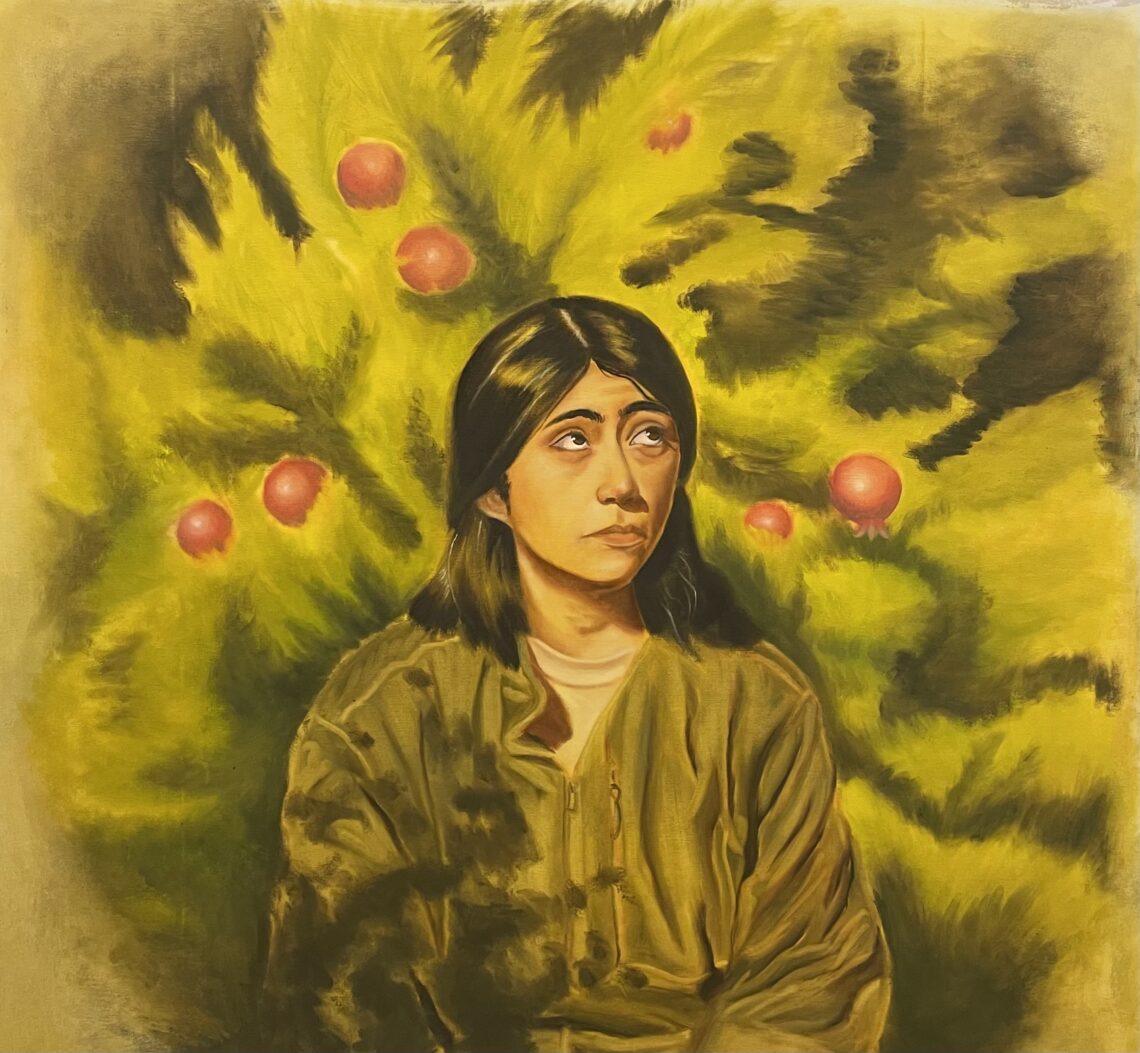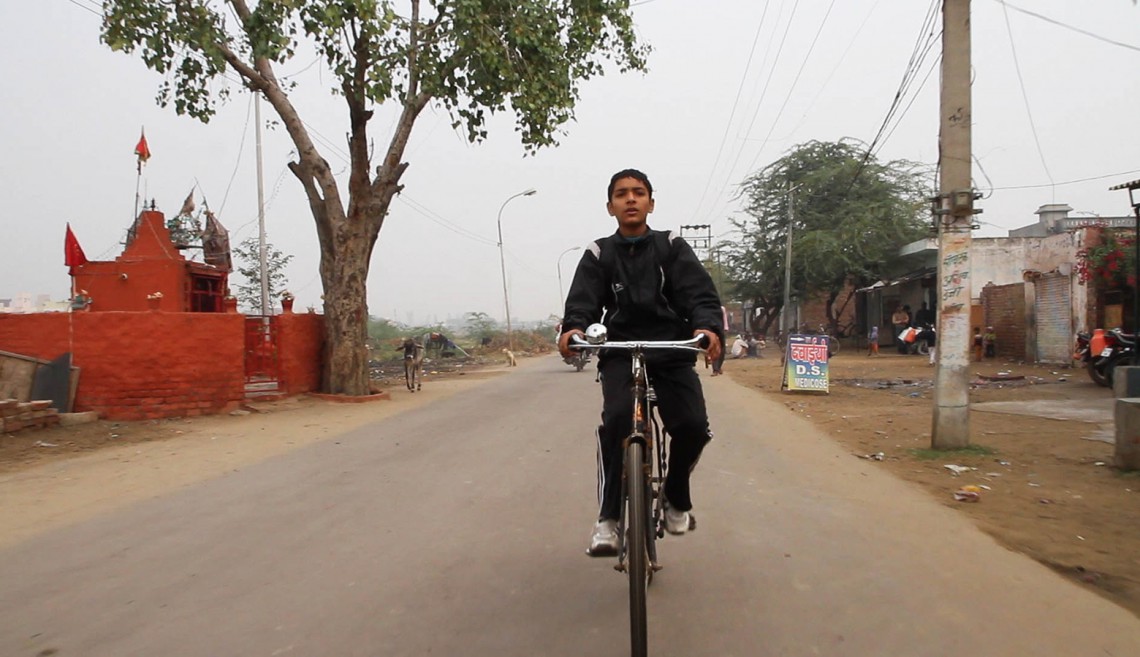
Seven Thesis Films
Stanford, CA – The Department of Art & Art History’s MFA Program in Documentary Film and Video at Stanford University is pleased to present Seven Thesis Films on Saturday, June 15, 2013 at 2 PM in Annenberg Auditorium. The screening will feature the thesis work of seven graduating MFA students: Sarah Berkovich, Yael Bridge, Seamus Harte, J. Christian Jensen, Helen Hood Scheer, Abhi Singh, and Leslie Tai.
Jamie Meltzer, Assistant Professor of the MFA Documentary Film and Video Program, states, “The seven thesis films from the Class of 2013 demonstrate a variety of approaches and styles within the documentary form; from the poetic to the observational to the essayistic, these burgeoning filmmakers offer compelling visions on a series of diverse subjects — from a boxing club in India, to the booming oil fields of North Dakota, to a struggling rural pharmacist in Colorado. These seven films showcase the best of what documentary film has to offer.”
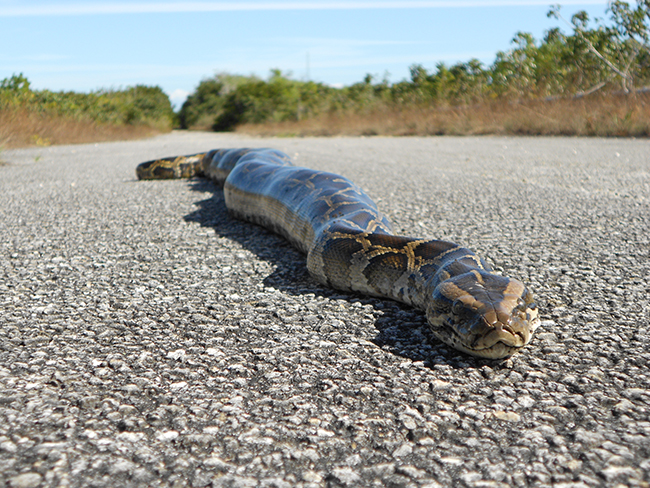
The Habitat Game, a film by Yael Bridge, introduces the viewer to several characters in Florida, each interacting with space and place in a variety of ways. Exploring the “dominion” man manifests over his environment, and focusing on concepts of invasiveness, the film visits the state fair, goes snake hunting, and spends time with marine biologists. Each vignette represents alternative approaches to environmentalism, and ultimately asks the viewer to decide what is natural. Are we responsible for nature, or just part of it?

The Apothecary, by Helen Hood Scheer, is an intimate cinema vérite documentary short film about Don Colcord, the beloved druggist in a Colorado outpost; his pharmacy is the only one within 4,000 square miles. Don navigates a profound divide between his public persona and his personal life. To the community in this former mining region, he is jovial and almost heroic; at home, on the other hand, he is impotent and isolated as a result of his wife’s long-term disability. Thematically, The Apothecary explores notions of individual duty and obligation in the face of privately held grief and ambivalence.
Abhi Singh’s film, Bhiwani Junction, is a portrait of Himanshu, a 12-year-old boy who aspires to win an Olympic boxing medal and trains at India’s leading grassroots boxing gym, the Bhiwani Boxing Club. Through Himanshu’s eyes, we experience boxing training that is relentless, sometimes brutal, and marked by a rhythm of its own. Himanshu’s dreams provide a glimpse into the dreams of millions of Indians in the lower middle class – dreams that are simultaneously grandiose and pragmatic.
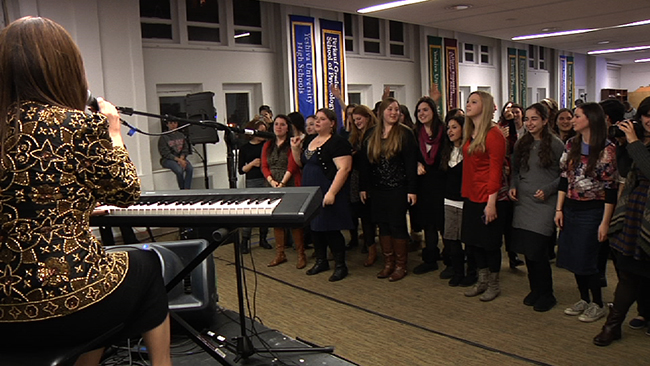
The Bulletproof Stockings, a film by Sarah Berkovich, explores the universal themes of religion, music, and gender roles through the unconventional story of a Chassidic women’s rock band named “Bulletproof Stockings.” In Orthodox Judaism, men are not allowed to listen to women sing because it is deemed immodest. Though this law seems counter to the norms of modern society, Perl Wolfe and Dalia Shusterman decided to pursue a career in music while embracing this practice, never performing live in front of men. Instead of viewing this as an inhibition, they seem to reconcile their religious values and artistic talent, and in doing so, inspire other women from their insular community to pursue unconventional paths.

Realizing life is in their hands, a young couple sets out to design a balanced relationship in the digital age in Seamus Harte’s, i Harte Yu. The film takes the viewer into the intimate relationship of the director, his girlfriend, and both of their iPhones. The struggle of designing a balanced life together in the digital age sets this couple on a mission to understand the difference between connecting and communicating before it’s too late. The short features world-renowned expert on smartphone addiction, and Research Psychologist, Dr. Larry Rosen (iDisorder: Understanding Our Obsession with Technology and Overcoming its Hold on Us, 2012), and prize-winning journalist and author, William Powers (Hamlet’s Blackberry, 2010), who provide candid and practical advice to living meaningful and healthy lives in this obsessed and frenetic digital age.
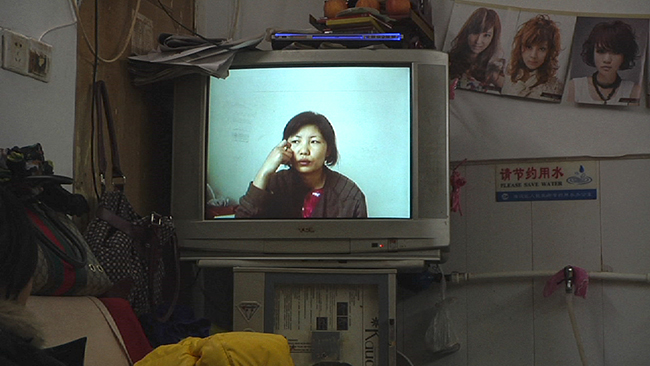
In 2007, when Filmmaker Leslie Tai met Fenfen, a migrant worker in Guangzhou, China, she handed her a video camcorder with which to document her life, and thus began their artistic collaboration. In 2012, Fenfen handed Leslie over 100 hours of never-before-seen video footage. In this film, The Private Life of Fenfen, Leslie attempts to piece together the unruly fragments of evidence that represents Fenfen’s equally chaotic experience as a migrant worker in contemporary China. The film is part social experiment, part public art installation, and part experimental documentary narrative. How does Fenfen appear to us, and how does she appear to other members of China’s migrant world?

White Earth, a film by J. Christian Jensen, gives an otherworldly portrait of North Dakota’s oil boom from the perspective of children. Filmed during the cruel North Dakota winter, this is the story of three children whose lives are colored by the historic changes taking place in the once-quiet wheat fields of America’s Northern Plains. The film eschews conventional polemics of domestic oil production in favor of exploring a more subjective, poetic truth. It relies on the naïve and often unreliable narration of children whose secondhand opinions recontextualize otherwise adult concerns.


